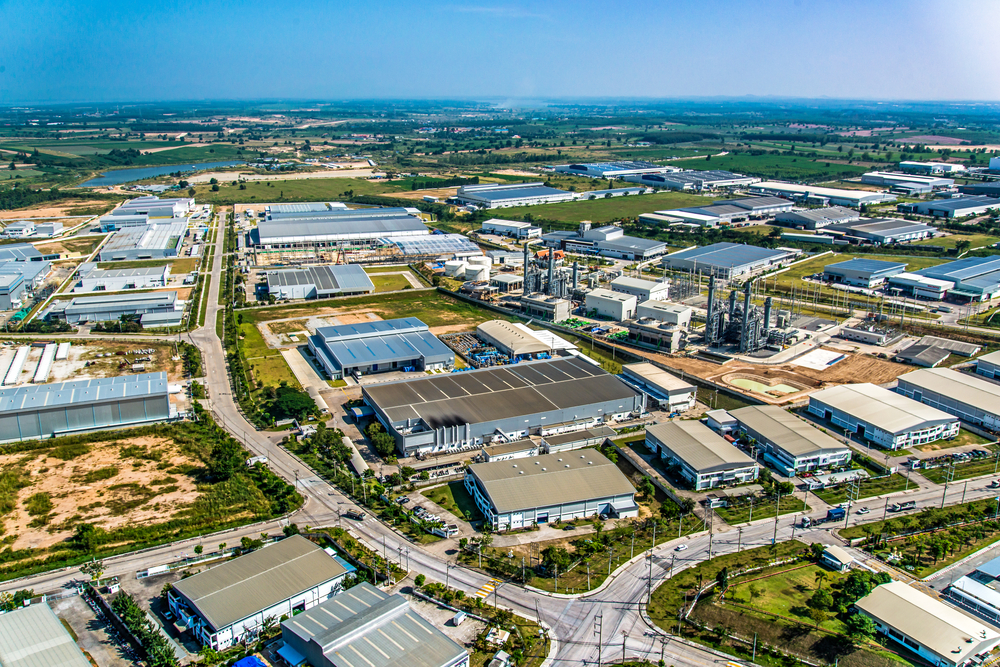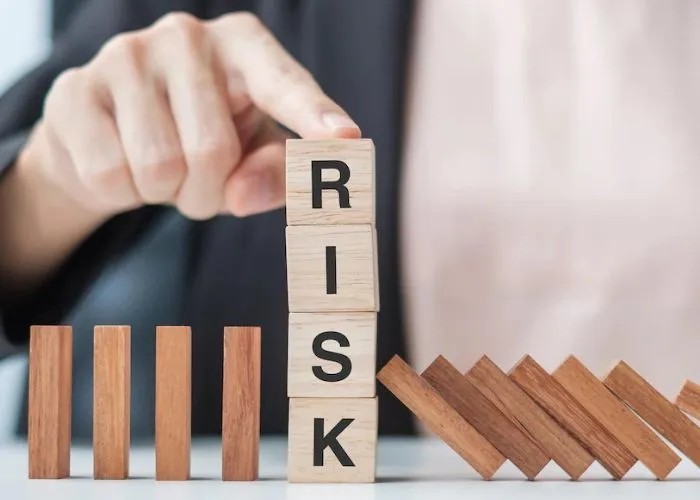Golden Visa, Know the Benefits, Requirements, Procedures

What is a Golden Visa?
A Golden Visa is a Visa given to Investors as a basis for granting a residence permit for a period of 5 to 10 years, in order to support the national economy.
A golden visa is a grouping of limited stay visas, limited stay permits, permanent stay permits, and re-entry permits for a certain period of time. Limited stay visas, limited stay permits, permanent stay permits and re-entry permits are given to carry out investment activities, family reunification, repatriation, and second homes, which are valid for a maximum period of 5 to 10 years.
Intent and Purpose
The purpose of implementing this golden visa policy is to support the improvement of the national economy in Indonesia through the participation of quality Foreign Investors, which aims to:
Provide convenience to prospective Investors who want to invest in Indonesia in terms of residence permits;
Attract quality investors through the policy requirements in the golden visa regulations which include both corporate and individual investors;
Reduce bureaucracy for investors when they want to enter and exit Indonesia.
Terms and Conditions of Submission (Fulfillment of Commitment)
The golden visa can be obtained by those who want to invest with a number of terms and conditions or called Fulfillment of Commitment as follows:
To be able to stay in Indonesia for 5 (five) years, foreign individual investors who will establish a company in Indonesia are required to invest US$ 2,500,000 (around Rp. 38 billion).
For a 10 (ten) year stay for individual investors, the required investment value is US$ 5,000,000 (around Rp. 76 billion).
For corporate investors who form a company in Indonesia and invest US$ 25,000,000 or around Rp. 380 billion will obtain a golden visa with a stay period of 5 (five) years for their directors and commissioners;
For corporate investors with an investment value of US$ 50,000,000 will be given a stay period of 10 (ten) years.
Different provisions apply to individual foreign investors who do not intend to establish a company in Indonesia. For a 5 (five) year golden visa, applicants are required to place funds worth US$ 350,000 (around Rp. 5.3 billion) which can be used to purchase Indonesian government bonds, shares of public companies or savings/deposits;
For a 10 (ten) year golden visa, the funds that must be placed are US$ 700,000 (around Rp. 10.6 billion). It should also be noted that because the target is qualified travelers, the requirements are indeed more stringent. The longer you stay in Indonesia, the higher the value of the guarantee, especially for investment activities which can be up to around Rp. 760 billion.


